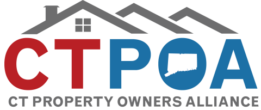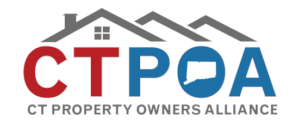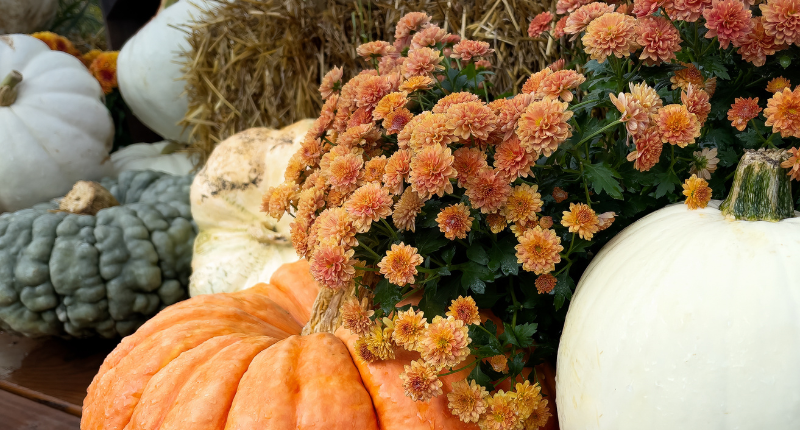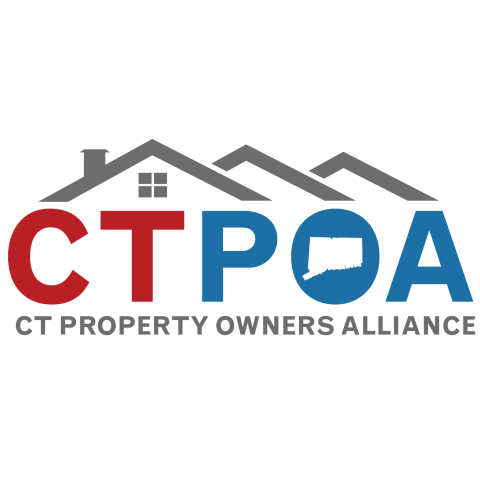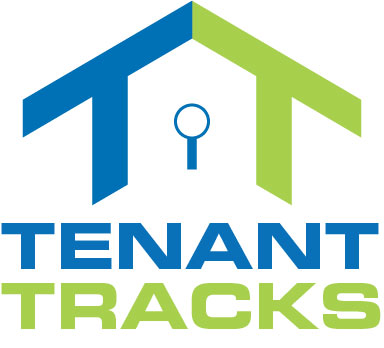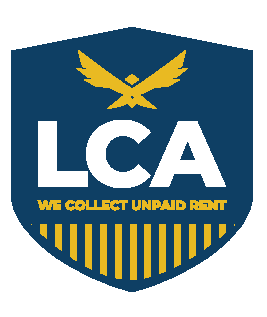As the leaves change color and temperatures drop, it’s time for Connecticut landlords to prepare their rental properties for the upcoming winter. By taking proactive steps to winterize your rental units, you can prevent costly repairs, ensure tenant comfort, and protect the value of your investment.
Here’s a comprehensive fall maintenance checklist for Connecticut landlords:
Exterior Maintenance:
- Roof Inspection: A thorough roof inspection is crucial to identify any damage, leaks, or missing shingles. Consider hiring a professional roofer to assess the condition of your roof and provide recommendations for repairs or replacements. Pay close attention to areas around chimneys, vents, and skylights, as these are common points of entry for leaks.
- Gutter Cleaning: Clogged gutters can lead to water damage, ice dams, and foundation issues. Remove leaves, debris, and any signs of corrosion to ensure your gutters are functioning properly. If you have a two-story building, consider using a gutter cleaning system or hiring a professional to safely clean your gutters.
- Chimney Inspection: If your rental property has a fireplace or wood-burning stove, it’s essential to have your chimney inspected by a certified chimney sweep. A clean chimney will help prevent fires, carbon monoxide buildup, and creosote deposits.
- Insulation Check: Adequate insulation is vital for energy efficiency and tenant comfort. Inspect the insulation in your rental units’ attics, walls, and crawl spaces to ensure it’s in good condition and sufficient for the Connecticut climate. If necessary, add more insulation or replace damaged insulation to improve energy efficiency and reduce heating costs.
- Weatherstripping and Caulking: Seal any gaps around windows, doors, and other openings to prevent drafts and energy loss. Replace worn or damaged weatherstripping and caulk, and consider using energy-efficient weatherstripping and caulk options.
Interior Maintenance:
- Heating System Inspection and Cleaning: Schedule a professional inspection and cleaning of your heating system to ensure it’s operating efficiently and safely. A well-maintained heating system will provide reliable heat throughout the winter and help prevent breakdowns.
- Plumbing Inspection: Check for any signs of leaks, drips, or slow-draining drains. Insulate exposed pipes to prevent freezing and burst pipes during cold weather. If you notice any plumbing issues, address them promptly to avoid more significant problems and costly repairs.
- Carbon Monoxide Detector Check: Test and replace batteries in carbon monoxide detectors to ensure they are functioning properly. Carbon monoxide is a colorless, odorless gas that can be deadly, so it’s crucial to have working detectors in your rental units.
- Fireplace Safety: If your rental property has a fireplace, clean it thoroughly to remove creosote buildup and ensure the damper is working properly. Have the chimney inspected to identify any potential safety hazards.
- Window Treatments: Consider installing heavy curtains or blinds to help insulate your rental units and reduce heat loss. This can also improve tenant comfort and energy efficiency.
Additional Tips:
- Tenant Communication: Inform your tenants about your winterization efforts and encourage them to report any issues promptly. This will help address problems quickly and prevent further damage.
- Emergency Preparedness: Develop a plan for handling winter emergencies, such as power outages or snowstorms. Provide your tenants with contact information for local emergency services and a list of essential supplies to keep on hand.
- Seasonal Landscaping: Prepare your landscaping for winter by trimming trees and shrubs, removing any dead or damaged plants, and protecting sensitive plants from harsh weather conditions.
- Pest Control: Be aware of potential winter pests, such as mice and rats, and take preventive measures to keep them out of your rental units.
By following this comprehensive fall maintenance checklist, you can help ensure that your rental properties are well-prepared for the winter season. This will not only protect your investment but also provide your tenants with a comfortable and safe living environment.
